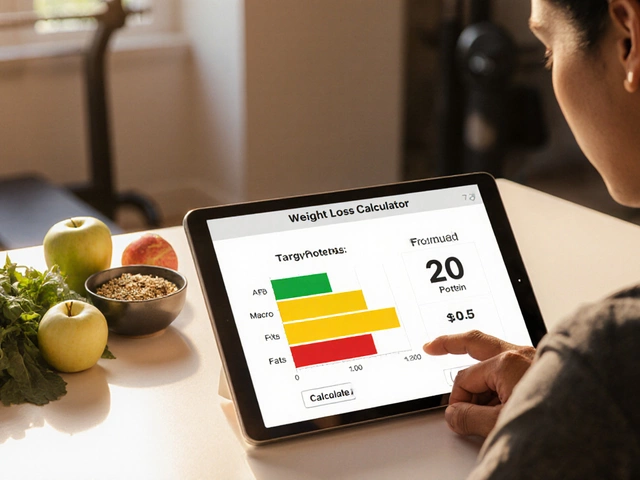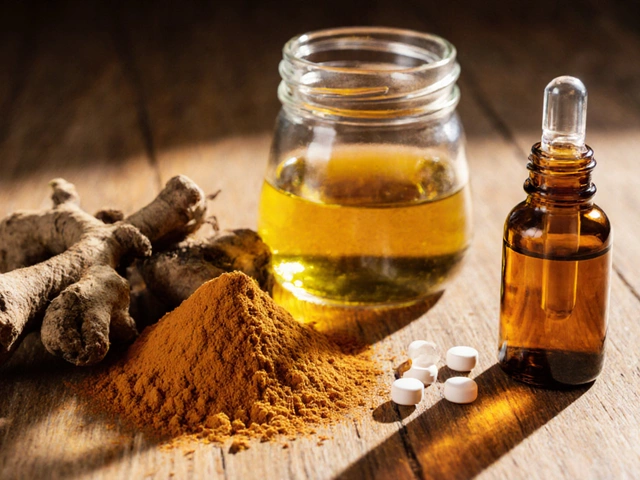Cardiac Risks in Indian Medicines – A Practical Guide
When you pick up a prescription or an over‑the‑counter drug in India, the focus is often on whether it cures the problem you have. Few stop to think about how that medicine might affect the heart. Yet many drugs, from pain relievers to diabetes pills, can raise blood pressure, speed up the heartbeat, or even cause a heart attack in vulnerable people. Knowing the red flags can keep you from an unexpected cardiac emergency.
Common Heart‑Related Side Effects
Most cardiac side effects show up as a faster pulse, chest tightness, or sudden swelling in the legs. Some drugs, especially certain NSAIDs (like ibuprofen) and some herbal supplements, can raise blood pressure by a few points. Steroids and certain chemotherapy agents may trigger irregular heart rhythms. Even popular weight‑loss injections like GLP‑1 agonists have been linked to rare cases of heart valve problems.
One big surprise is that many “natural” Ayurvedic preparations contain heavy metals or undisclosed synthetic compounds. Those hidden ingredients can damage heart muscles over time, especially if you take them daily. If a label doesn’t list exact ingredients, treat it like a mystery pill and be extra cautious.
How to Spot and Reduce Cardiac Risks
First, read the fine print. Look for words like “tachycardia,” “hypertension,” or “cardiovascular effects” in the side‑effect list. If you have a history of heart disease, ask your doctor whether a new medication could worsen it. Simple checks like measuring your pulse before and after you start a drug can reveal a hidden problem.
Second, keep a medication diary. Write down every tablet, herb, or supplement you take, along with the time of day and any unusual feelings. Over a week, patterns often emerge – for example, a headache that only appears after you start a new painkiller could be a sign of raised blood pressure.
Third, stay in touch with your healthcare provider. A quick blood‑pressure check at the pharmacy or a routine ECG every few months can catch early warning signs before they become serious. If a drug is causing issues, most doctors can suggest an alternative that’s gentler on the heart.
Lastly, don’t rely on “cheap” meds to save money if they lack proper labeling. The short‑term savings can end up costing far more if a heart problem develops. Choose reputable pharmacies and verify that the batch number and expiry date are clearly printed.
Bottom line: your heart deserves the same attention you give to the condition you’re treating. By staying alert, keeping records, and talking openly with your doctor, you can enjoy the benefits of modern and traditional medicines without risking a cardiac scare.

Understanding Cardiac Surgeries: The Challenges and Risks
Heart surgeries carry significant risks due to the complexity of the heart's structure and functions. Despite advancements in technology, certain surgeries have higher failure rates due to various factors including patient health, surgical errors, and postoperative complications. This article explores the common types of heart surgeries, their associated risks, and offers insights into why some procedures fail more frequently than others. It serves as a comprehensive guide for those seeking to understand the intricacies involved in cardiac operations.

Safest Diabetic Medications: What's Best for You?
Apr, 14 2025

Effective Ways to Lose Belly Fat in Just 2 Weeks
Oct, 10 2025


